Enhancing Energy Management with Non-Isolated DC-DC Converters
Abstract:
As energy demand continues to rise and concerns about energy efficiency grow, energy management has become one of the critical challenges facing society today. In this context, non-isolated DC-DC converters serve as an important energy management technology widely used in various electronic devices and systems to improve energy utilization and achieve more effective energy management. This article explores the working principles, advantages, and applications of non-isolated DC-DC converters in optimizing energy management.
Introduction
Non-isolated DC-DC converters are electronic devices that convert input DC voltage into output DC voltage, capable of boosting, bucking, or reversing voltage transformations. Compared to traditional isolated DC-DC converters, non-isolated DC-DC converters offer advantages such as small size, low cost, and high efficiency, making them widely applied in many electronic devices and systems.
Working Principles
Non-isolated DC-DC converters primarily consist of input filters, PWM controllers, power switches, and output filters. Their operation is based on PWM (Pulse Width Modulation) control technology, regulating the output voltage by controlling the switching period and duty cycle of the power switch to achieve effective voltage conversion from input to output.
Advantages
High Efficiency: Non-isolated DC-DC converters typically exhibit high conversion efficiency, effectively converting input energy into output energy, thus reducing energy waste.
Fast Response: With PWM control technology, non-isolated DC-DC converters demonstrate rapid response characteristics, enabling quick adjustment of the output voltage.
Small Size: Relative to isolated DC-DC converters, non-isolated DC-DC converters feature a smaller footprint, suitable for applications with limited space.
Cost-effectiveness: Due to their simplified design and fewer components, non-isolated DC-DC converters offer relatively low manufacturing costs.
Applications
Non-isolated DC-DC converters find extensive applications in optimizing energy management, particularly in the following areas:
Renewable Energy Systems: In renewable energy systems such as solar panels and wind turbines, non-isolated DC-DC converters are used to convert unstable input voltages into stable output voltages, effectively utilizing electrical energy.
Electric Vehicles: Non-isolated DC-DC converters are utilized to convert the direct current output from the vehicle's power battery into alternating current suitable for onboard devices in electric vehicles.
Electronic Devices: In mobile devices, computers, communication equipment, and other electronic devices, non-isolated DC-DC converters provide stable power voltages to ensure proper device operation.
Conclusion
Non-isolated DC-DC converters, as a crucial energy management technology, offer advantages such as high efficiency, fast response, small size, and cost-effectiveness, playing a significant role in optimizing energy management and improving energy utilization. With ongoing technological advancements and expanding application domains, non-isolated DC-DC converters are poised to play an even more vital role in future energy management, contributing to the establishment of a more sustainable energy system.
In conclusion, the importance and potential applications of non-isolated DC-DC converters in optimizing energy management highlight the need for further research and promotion of this technology, providing valuable insights and guidance for future developments.
Subscribe to Us !
-
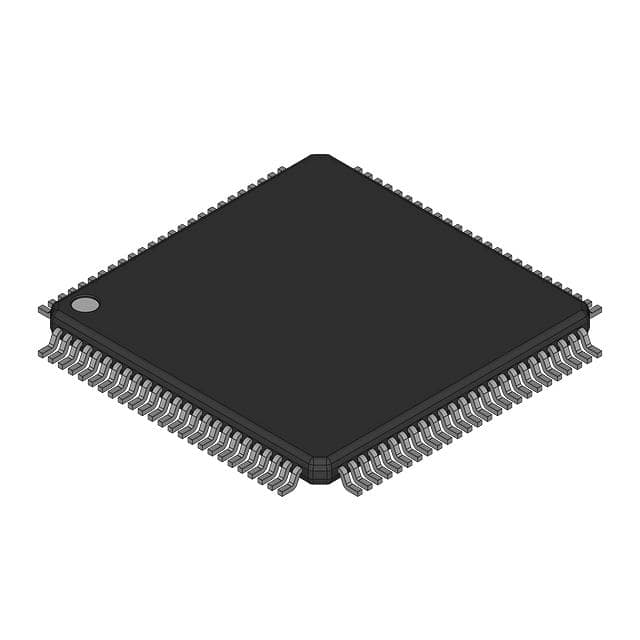 LV71081E-MPB-E
LV71081E-MPB-Eonsemi
-
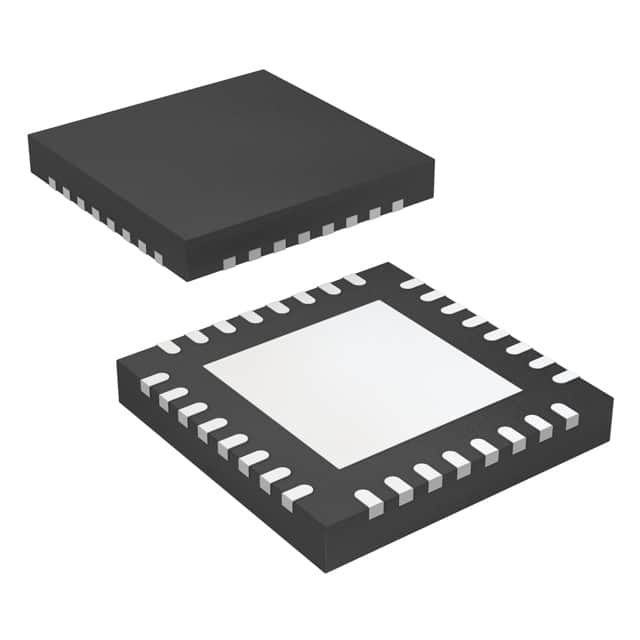 LMK00334RTVRQ1
LMK00334RTVRQ1Texas Instruments
-
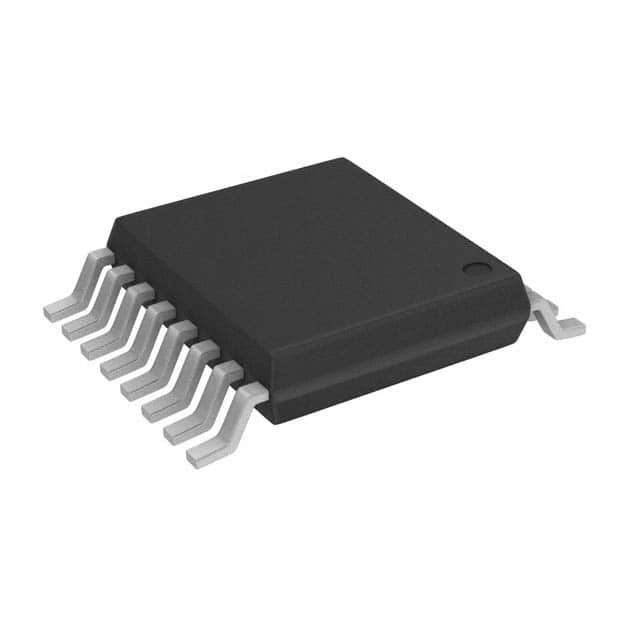 PI6C557-03LEX
PI6C557-03LEXDiodes Incorporated
-
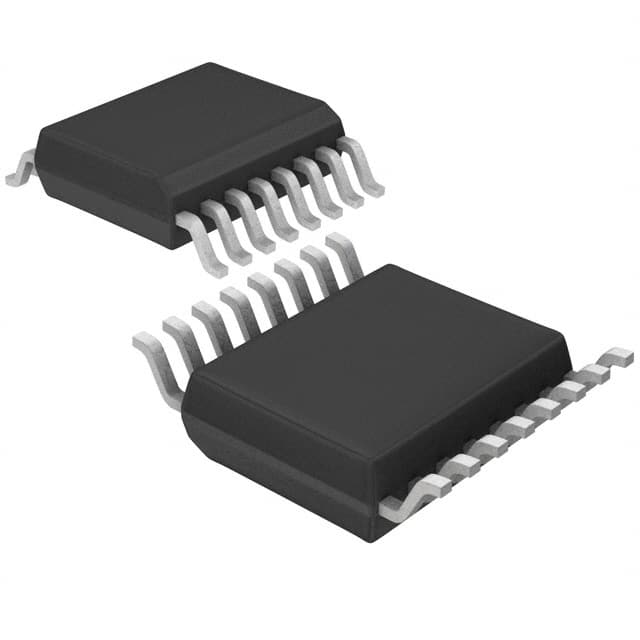 PCM1753DBQR
PCM1753DBQRTexas Instruments
-
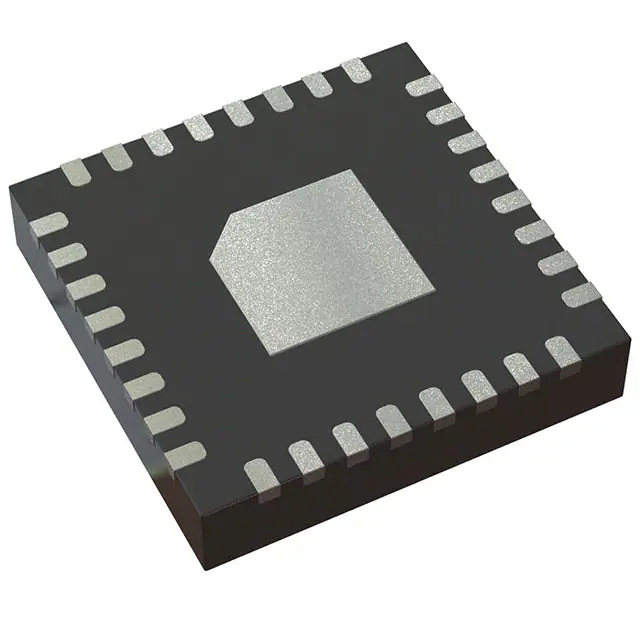 ADS1204IRHBT
ADS1204IRHBTTexas Instruments
-
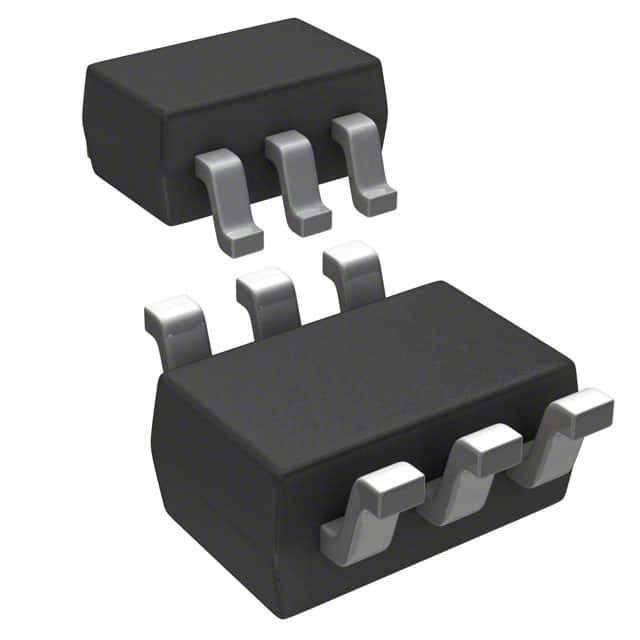 MCP4018T-104E/LT
MCP4018T-104E/LTMicrochip Technology
-
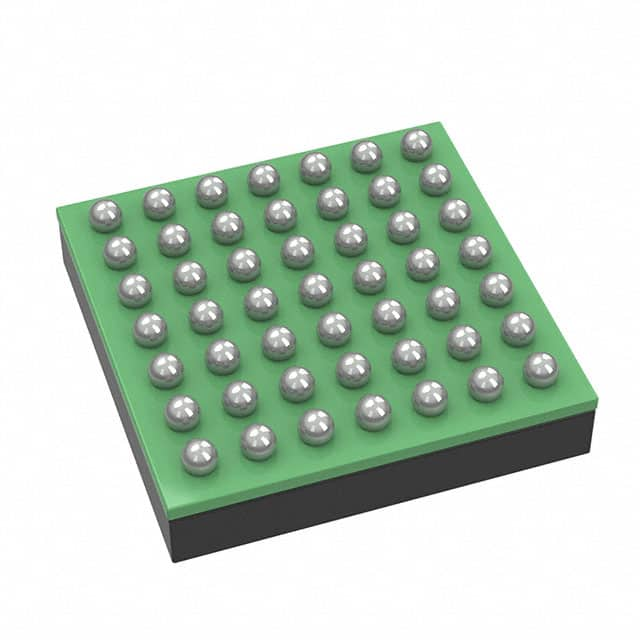 T4F49C2
T4F49C2Efinix, Inc.
-
.jpg) A40MX02-PLG44
A40MX02-PLG44Microchip Technology
-
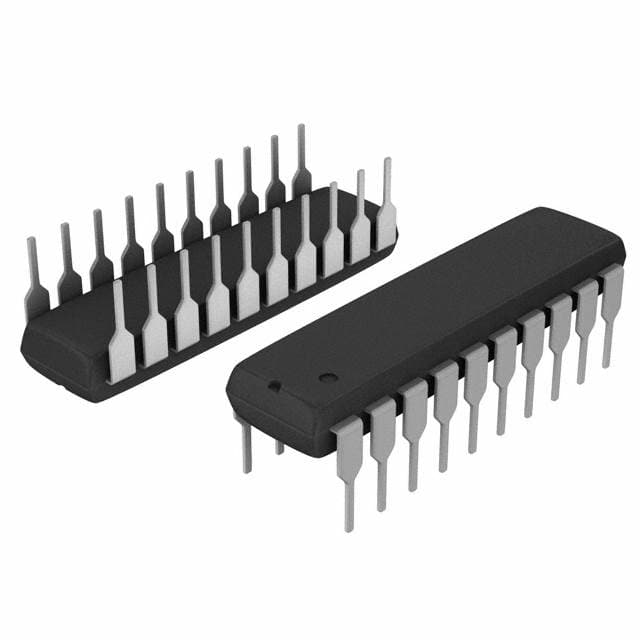 ATF16V8C-7PU
ATF16V8C-7PUMicrochip Technology
-
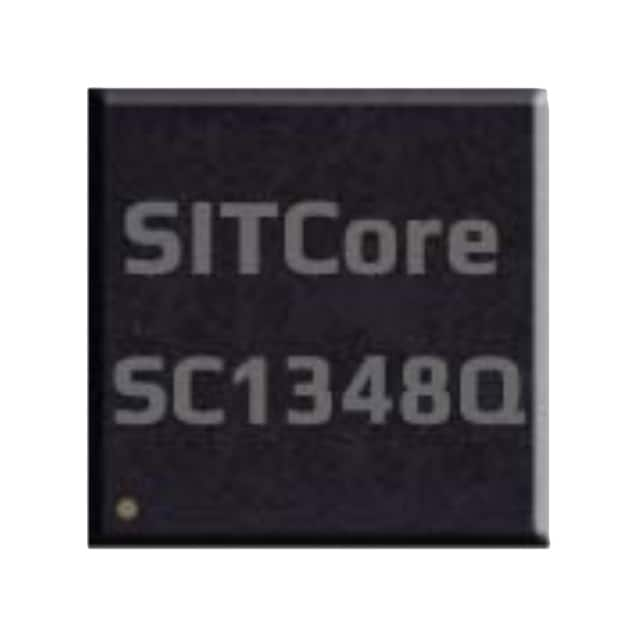 SC-13048Q-A
SC-13048Q-AGHI Electronics, LLC

